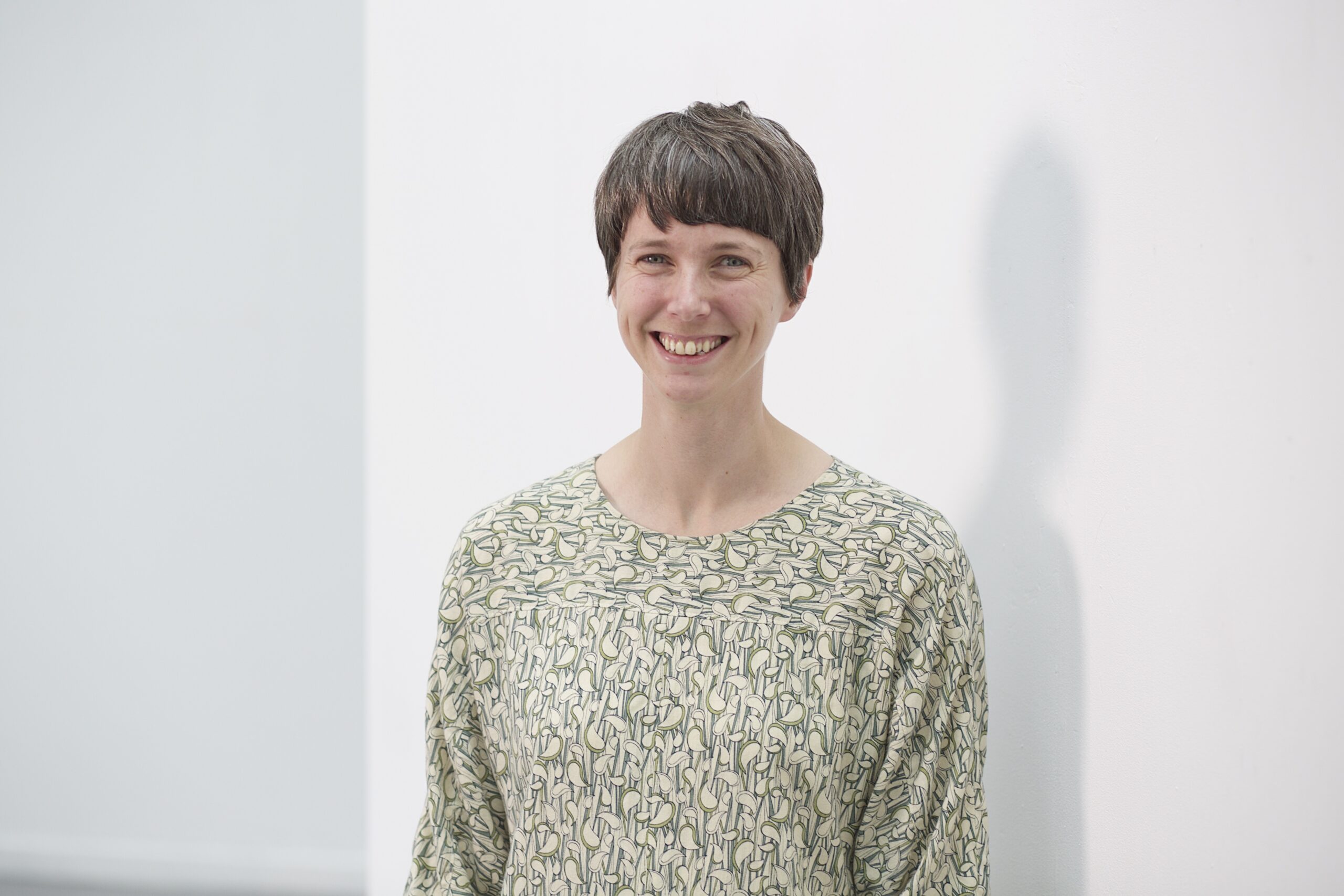CKC 2023: New Futures for Creative Economies
Day 2
Fashion Fictions: dreams of radical economies
Abstract
The fashion industry plays a significant role in the creative economy. In the UK, the sector employs over half a million people and represents 5% of consumer expenditure. Fashion products, whether created by catwalk designers, fast-fashion chains, high-street stalwarts, sportswear giants or independent brands, are key to the process of identity construction in a postmodern world. The industry also causes great harm: its culture of linear production, overconsumption and rampant waste is deeply implicated in the abuse of people working in garment supply chains around the world and the devastation of earth’s life-supporting systems. Industry-led initiatives intended to address these problems have been incremental and inadequate; fundamental change is required to develop an approach to fashion that works within the means of the planet. Yet the potential for transformation is limited by a collective inability to contemplate alternatives to the status quo.
An international participatory research project, Fashion Fictions, responds to this challenge by bringing people together to generate, experience and reflect on engaging fictional visions of alternative fashion cultures and systems. Its participatory process for collective speculation, which is informed by work in speculative design, experiential futures and collective imagination, has a three-stage structure. At Stage 1, contributors submit concise written outlines of worlds in which invented historical junctures have led to familiar-yet-strange sustainable cultures and systems. At Stage 2, participants create visual and material prototypes to represent these worlds, while in Stage 3’s ‘everyday dress’ projects, practices and events from the fictional fashion systems are performatively enacted.
This paper will draw on the 170+ fictions generated at Stage 1 by contributors around the world, along with data generated at four Stage 2 prototyping workshops and four Stage 3 enactments which took place in Nottingham between November 2021 and August 2022. It will highlight common themes in the ideas explored by participants, with a particular focus on imagined fashion systems with radically different creative economies. Common themes include worlds in which public sector and community-led initiatives dominate over private business; worlds in which the production of new textiles, or the international trade of garments, is limited or stopped entirely; and worlds in which non-monetary exchange replaces the conventional buying and selling of clothes. The visions of the Fashion Fictions community reveal a strong desire for post-growth ways of ‘doing fashion’, the varied forms that radical fashion economies could take, and the challenges and opportunities that might arise within them.
Biography
Dr Amy Twigger Holroyd is Associate Professor of Fashion and Sustainability at Nottingham School of Art & Design, Nottingham Trent University. Her research focuses on fashion transitions: the participatory exploration of alternative, open and plural fashion systems that respect earth’s capacity to support life. Amy’s current project, Fashion Fictions, is supported by an AHRC Research Development and Engagement Fellowship. She has edited and authored several books, including Folk Fashion: Understanding Homemade Clothes (I.B. Tauris, 2017) and the forthcoming Historical Perspectives on Sustainable Fashion: Inspiration for Change with Jennifer Farley Gordon and Colleen Hill (Bloomsbury Academic, 2023).



